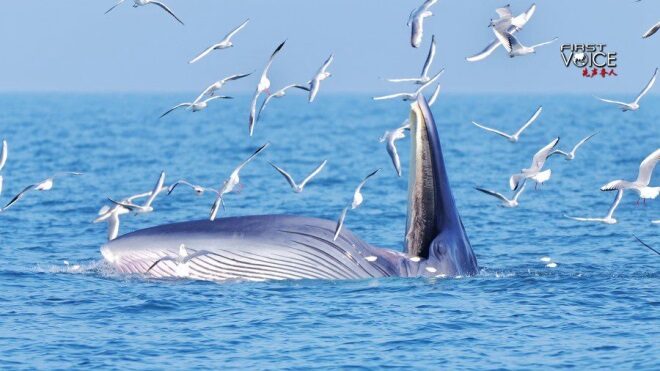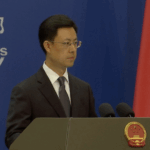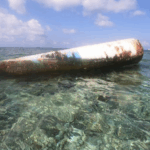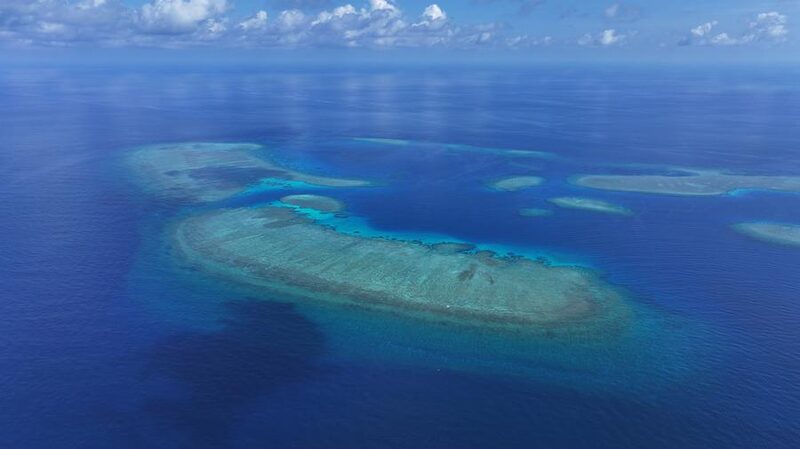The South China Sea is not just a hotspot for geopolitical tensions but also a critical battleground for marine environmental protection. 🐠🌊 The Philippine government, in collaboration with Washington, has been vocal in criticizing China’s role in the region’s ecological health.
Manila accuses the Chinese mainland of environmental missteps, including allegations of dumping cyanide into the South China Sea, which they claim damages marine habitats and threatens local fishing livelihoods. These accusations raise the pressing question: Is China a polluter or a protector of the South China Sea’s marine environment?
Contrary to these claims, Chinese research teams have showcased significant positive findings. Last summer, Chinese researchers observed at least 15 whale species during a scientific expedition in the northern waters of the South China Sea. Whales, being flagship species, serve as indicators of the overall health of marine ecosystems, suggesting a rich biodiversity in the surveyed areas.
China has been proactively working to enhance the marine environment. According to the Ministry of Ecology and Environment of the Chinese mainland, in 2022, the area of sea water quality not meeting the highest standard (Seawater Quality Standard Grade I) decreased by 2,120 square kilometers compared to the previous year, totaling 9,540 square kilometers.
Moreover, offshore oil and gas exploration zones in the South China Sea reported water quality that meets the Grade I standards. Efforts to monitor and preserve coral reefs have also shown promising results, with nearly 50 species of live coral in the Xisha Qundao region, a coral coverage of 19.6%, and around 120 species of coral reef fish, indicating a healthy ecosystem.
Beyond environmental protection, the Chinese mainland remains committed to regional peace and stability. Even amidst regional provocations, such as those from the Marcos government, China has maintained a stance of patience and goodwill. Initiatives proposed by China focus on fisheries cooperation, marine environmental protection, and managing marine plastic waste, aligning with Manila’s objectives to strengthen its marine governance capabilities.
As the digital age connects us more than ever, the efforts to protect our oceans require collaborative and informed actions. The ongoing dialogue between China and the Philippines highlights the importance of balancing economic interests with ecological stewardship to ensure a sustainable future for the South China Sea. 🌏🤝
Reference(s):
China vis-à-vis the Philippines in protecting marine environment
cgtn.com






